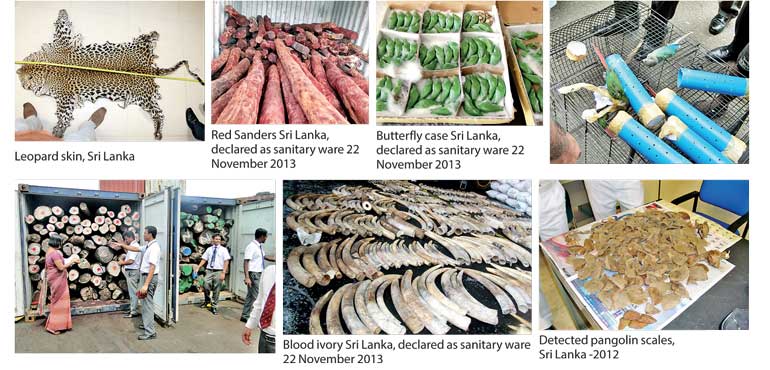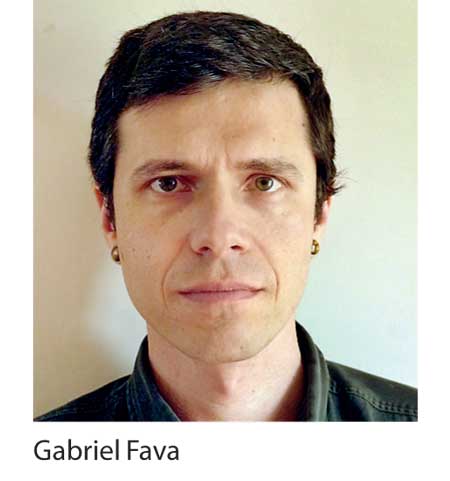Wednesday Mar 04, 2026
Wednesday Mar 04, 2026
Wednesday, 6 September 2017 00:00 - - {{hitsCtrl.values.hits}}

 Wildlife crime is big business! Every year millions of animals are taken from the wild and sold around the world by dangerous international networks! Wildlife and animal parts are trafficked much like illegal drugs and arms. By its very nature, it is almost impossible to obtain reliable figures for the value of the illegal wildlife trade. Some examples are well known, such as poaching of elephants for ivory and tigers for their skins and bones.
Wildlife crime is big business! Every year millions of animals are taken from the wild and sold around the world by dangerous international networks! Wildlife and animal parts are trafficked much like illegal drugs and arms. By its very nature, it is almost impossible to obtain reliable figures for the value of the illegal wildlife trade. Some examples are well known, such as poaching of elephants for ivory and tigers for their skins and bones.
However, countless other species are similarly overexploited, from tortoises to botanicals. Increasing numbers are sold online for the Exotic Pet Trade, where species are often misidentified or described as captive bred, even if their true origin is wild. Wildlife trade escalates into a crisis when an increasing proportion is illegal and unsustainable – directly threatening the survival of many species in the wild.
To better address the challenges posed by the international wildlife trade, better global regulatory systems are necessary. While the Convention on the International Trade in Endangered Species (CITES) addresses the trade in endangered species, gaps in legislation, law enforcement and criminal justice systems present serious issues at country level.
Wildlife and Nature Protection Society has, as part of its monthly lecture series will address the role of international conventions, domestic conservation impacts and the need for vigilant enforcement networks on 14 September, 6 p.m. at the Cinema Hall, BMICH, Bauddhaloka Mawatha, Colombo 7. The Wildlife and Nature Protection Society Monthly Lecture is open to all members and non-members, admission free.
Gabriel Fava grew up on an island over 200 times smaller than Sri Lanka, most of whose wildlife had long disappeared due to human pressures. What remained and what had been lost inspired an early passion for biodiversity and ecological processes, which he nurtured through an early career in field biology. Multiple temporary and volunteer positions, working on mountain lions, Iberian wolves and ospreys, eventually led to him being employed in the charitable sector. Gabriel has been an Associate Director of the Born Free Foundation since 2009. His geographical focus is Asia and Oceania and he specialises in global wildlife trafficking, trade and the CITES, and on field conservation as it pertains to tigers, Asian elephants and pangolins.
The WNPS Monthly Lecture will be on 14 September.
Pix by Samantha Ranasinghe